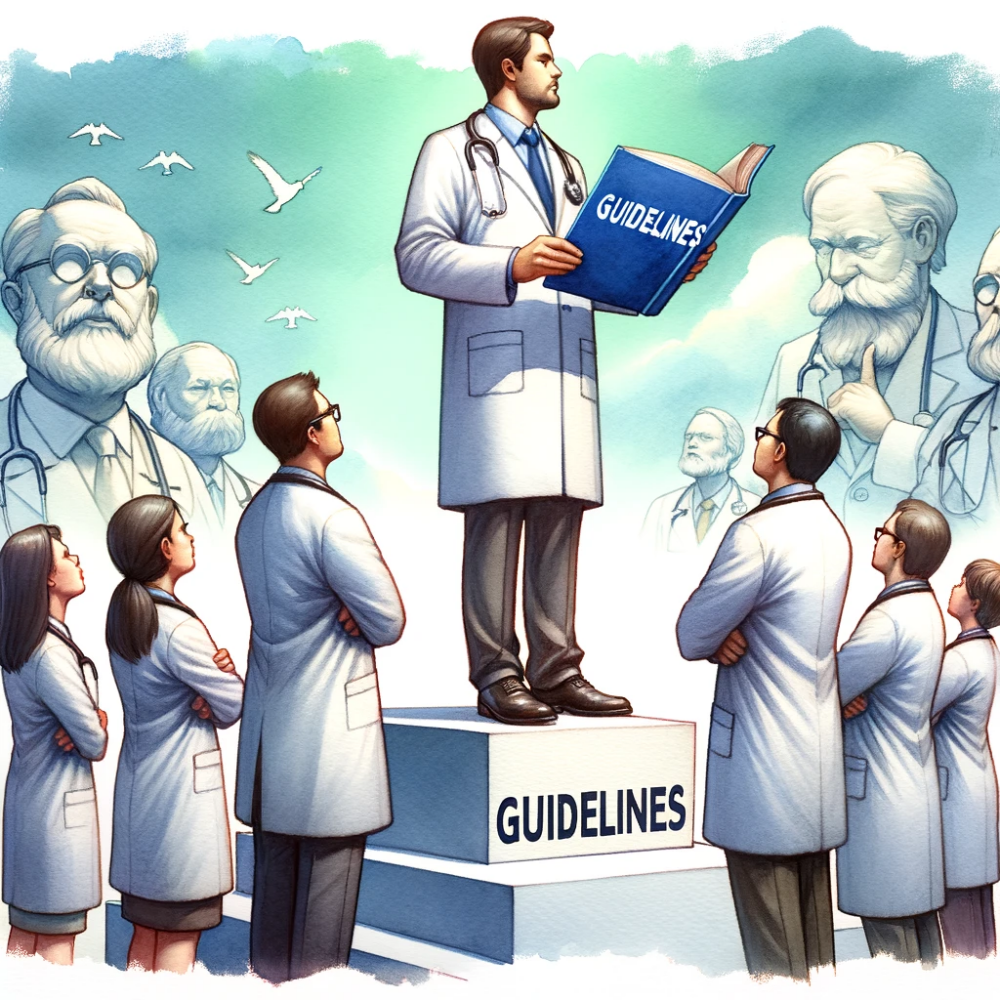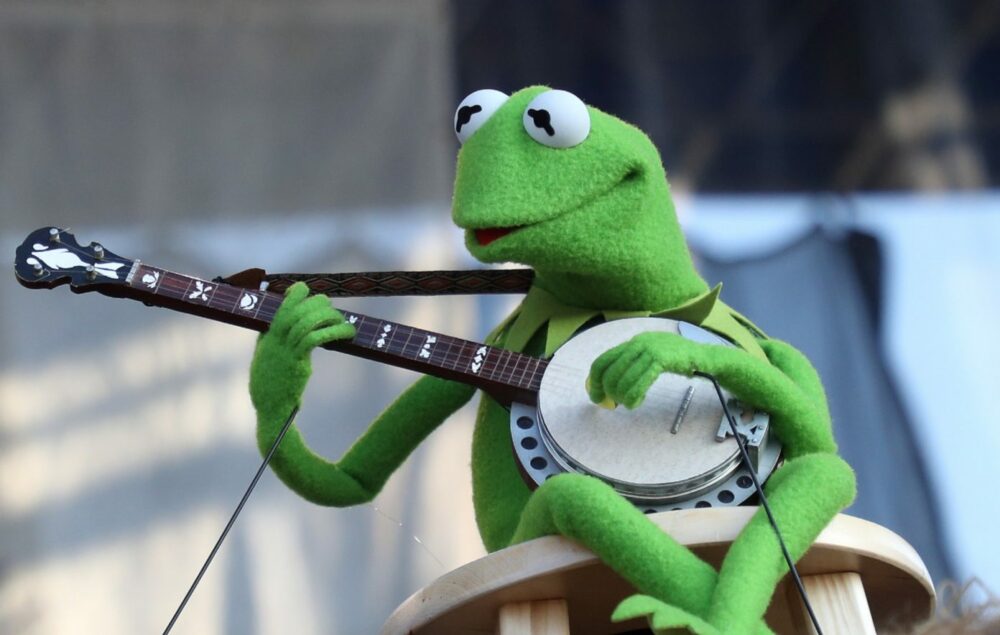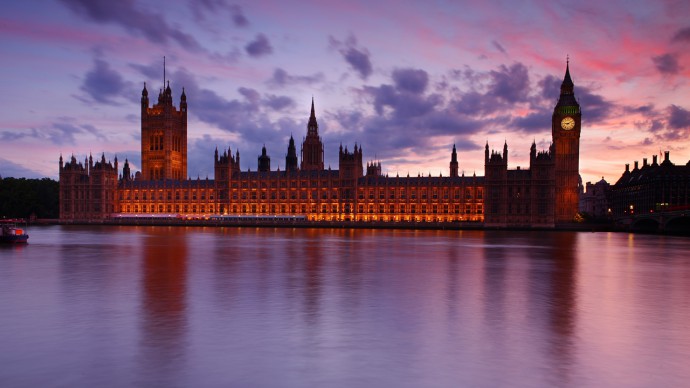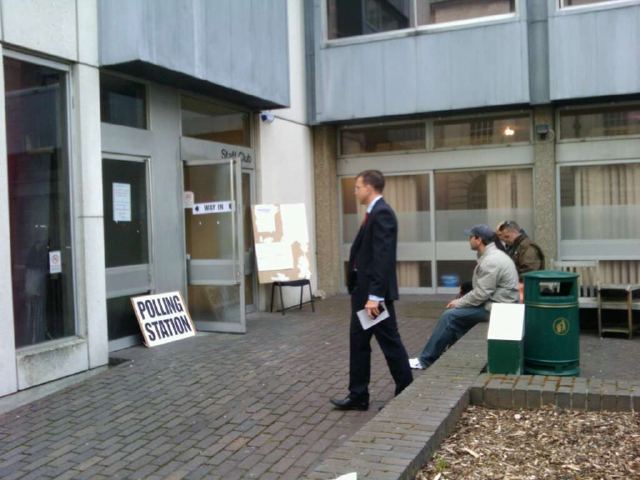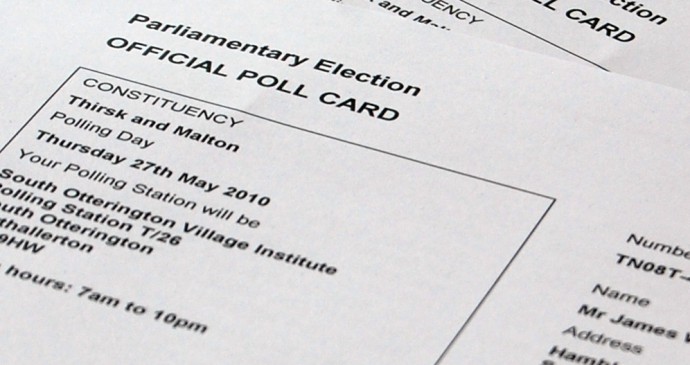In 2015, along with over 1,000 other people from over 100 countries, I attended an international conference of health professionals in Geneva. One delegate gave a fascinating presentation on their country’s response to the 2014 outbreak of Ebola in West Africa.
Early in her presentation, she spoke self-deprecatingly about how her country previously hadn’t needed to develop public health guidance for high consequence infectious diseases. Instead, her agency simply looked at the guidance on the USA’s Centers for Disease Control (CDC) website, looked at the guidance on the UK’s Health Protection Agency website, and split the difference.
“There was one problem with that approach this time,” she said.
After a dramatic pause, she flashed up a screenshot of the gov.uk homepage, quipping “Good luck finding anything useful on there!”
It was a joke that brought the house down. The UK was a laughingstock; gov.uk was the punchline.
My friend James O’Malley wrote an excellent Substack post a few days ago, in which he called gov.uk “genius” and “the best thing the Tories did in office”. As always, he makes brilliant points. He knows more about technology and the web than I could ever hope to. His post is much better informed than mine and is definitely worth more of your time. Yet, my perspective differs a little from his.
I agree with many of James’s arguments: renewing a passport is miraculously easy; the site’s layout is brilliantly clear; the design principles and style guide are first-rate (though too rarely followed in practice).
But there are problems—or, if we want to be optimistic, opportunities for future development. These were evident when the service was being designed, but making passport renewal easier and putting bunting on the bank holiday page were, it seems, greater strategic priorities.
The first issue was the decision to sweep away many professional-facing websites and to collect everything on one giant gov.uk system. James links to some other people who have issues with this, but it has been a particular concern in the health field.
One major problem is that specialist-facing content is very difficult to find. I don’t see the advantage to a primarily public-facing website hosting, say, the request form that microbiology labs must use to refer gastrointestinal bacterial isolates to the national reference lab. What member of the public needs to see the form to request intrathecal antibody testing for Hepatitis C?
I know from frequent complaints that people often find it difficult to find that sort of thing on the site, even all these years after it launched. The problem is compounded where animal and human health cross: hosting content about testing birds and testing humans for influenza on a single platform is a recipe for confusion. This wasn’t true when the content was hosted on a previous website targeted quite narrowly at health professionals.
The mixing of public- and professional-facing information and the resulting unnavigability of the site became a particular problem during the COVID-19 pandemic, as already cited in evidence given to the COVID-19 enquiry. It is quite likely that professionals were, at times, taking the wrong action because they couldn’t find the right guidance among the morass of COVID-19 content that was being published daily. That’s a pretty major failing.
There are also two other significant effects of this approach.
One is that government agencies increasingly publish resources outside of gov.uk, usually partnering with non-governmental bodies to host content that would not be allowed—or be easily added to—gov.uk. I’m not going to point to specific examples for obvious reasons—if you know, you know.
Another is that a lot of content is simply not published any more, as it was deemed inappropriate to sit on a public-facing website—much of this sort of thing is no longer published online, and is therefore inaccessible to professionals and the public alike. The decision to sweep away professional-facing websites has had a chilling effect on government transparency—even while people celebrate gov.uk as a transparency success.
In 2010, when the gov.uk strategy was being developed, it was entirely foreseeable—and foreseen—that the spread of unreliable information would be an ever greater challenge.
Perhaps the single most baffling decision for gov.uk has been the choice to seemingly ignore that. This presents itself in three ways.
First: When government agencies need to give emergency messages—“there’s a big fire so close your doors and windows”, for example—these are routinely distributed via social media. If there were ever messages you’d want to present first on a stable, reliable, verified site and then syndicate elsewhere, those about public safety would seem to be at the top of the list. Instead, presumably because the gov.uk strategy didn’t account for this “user need”, the government has de facto outsourced low-level emergency messaging to Twitter. This sort of thing used to be routinely published, but doesn’t appear on gov.uk—we don’t give the public the opportunity to check facts they’ve seen on social media.
To take a really minor example: instead of this quote being published on a government domain, as it would have been before the launch of gov.uk, it’s now on a Twitter account that could have been set up by anyone. Without gov.uk, it’s likely that the quote would have been on a verifiable departmental website and linked from Twitter.
Second: Accuracy doesn’t seem to be prioritised. In the early days of the COVID-19 pandemic, there was a page about public transport on gov.uk that gave blatantly incorrect advice, suggesting that COVID-19 persisted longer on surfaces than human hands. This resulted in a deluge of questions for hospital infection specialists—and despite a chorus of complaints, the page wasn’t corrected for—literally—weeks. There is a guidance document on another topic live on gov.uk now with a persistent error in it—years after the error was first reported. If the information on gov.uk can’t be trusted to be reliable, then it undermines the whole endeavour.
Third: gov.uk doesn’t follow its own advice. In his Substack post, James celebrates the success of gov.uk Notify—a service which is routinely used to send unsolicited messages to members of the public exhorting them to click embedded links. This is not a shining example of thought-through technological prowess—it’s a tool that trains people to fall victim to scams. And, just as James says, this vision of insecurity is actively pushed across all government departments—because a failure to think in a cyber-secure way isn’t limited to a single area of government but is automatically propagated to all.
In his post, James says
To give you a sense of where it was starting from back when GDS was created, the government didn’t know how many websites it had.
In that narrow sense, I think the situation is now worse: I don’t think the government knows how many sites it ‘officially’ posts on. We’ve gone from a situation where official government content is spread over an uncountable number of accountable government websites, to one where it’s spread across countless websites which aren’t even in the government’s control. Many of them aren’t even based in the UK, and there’s no mechanism for professionals or the public to verify that the content is genuine.
Some professional content on the ‘official’ website is so difficult to find that it is likely to have caused people to come to physical harm. Factual errors in content persist for years, meaning that it’s difficult to trust the content that is on there. And some things are just not published any more, making government less transparent than it used to be.
The bits of gov.uk that work are, as James says, brilliant. But some of the strategic and cultural change that has happened around the introduction of gov.uk, partly driven by the limitations of the system, has been damaging in ways that are under-recognised. If you ask me—and there’s no reason why you should—it all needs a bit of a rethink.
The image at the top of this post was generated by DALL·E 3.




